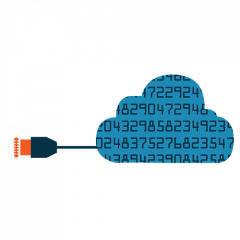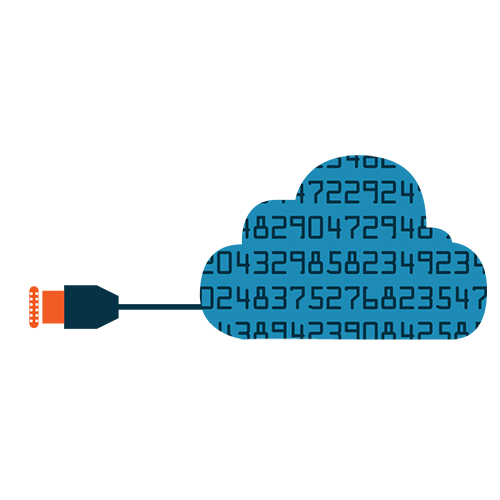Who: Ofcom and BCAP
Where: UK
When: 13 April 2016
Law stated as at: 18 April 2016
What happened:
Last month, we reported (here) about the upcoming implementation of the Tobacco Products Directive (2014/40/EU) (“Tobacco Directive“). This introduces new and tighter restrictions on the way in which e-cigarettes can be advertised.
Following this, under instruction from the Department of Health, Ofcom has announced the amendments that it will be making to the Broadcasting Code. Using its statutory power under the Communications Act 2003, Ofcom has instructed that amendments must also be made to the BCAP Code.
The changes mean that with effect from 20 May 2016, ads with the aim or direct or indirect effect of promoting e-cigarettes and e-liquids will be banned from TV and radio. The restriction also prohibits program sponsorship which has the aim or effect of promoting these products.
It is important to note that the restriction will not apply to the advertising of e-cigarettes as medicines where the product in question has been licensed as a drug by the Medicines and Healthcare Products Regulatory Agency (“MHRA”). Such advertising will be subject to the normal rules applicable to the advertising of licensed drugs. The MHRA issued its first such licence in January 2016. This related to the British American Tobacco product “e-Voke” and paved the way for doctors to be able to prescribe it as a smoking cessation aid.
Why this matters:
This announcement means that the current rules regarding e-cigarette advertising set out in section 33 of the BCAP Code will be dis-applied. Instead, e-cigarettes will be added to the list of prohibited categories of products that cannot be advertised on TV or radio at all (contained in section 10 of the BCAP Code).
Advertisers should note that the changes announced by Ofcom will come into effect on 20 May 2016 and will be enforced by the ASA from this date onwards.
In terms of non-broadcast advertising, we still await an announcement regarding the upcoming changes to the CAP Code and comprehensive guidance from CAP on this topic.








